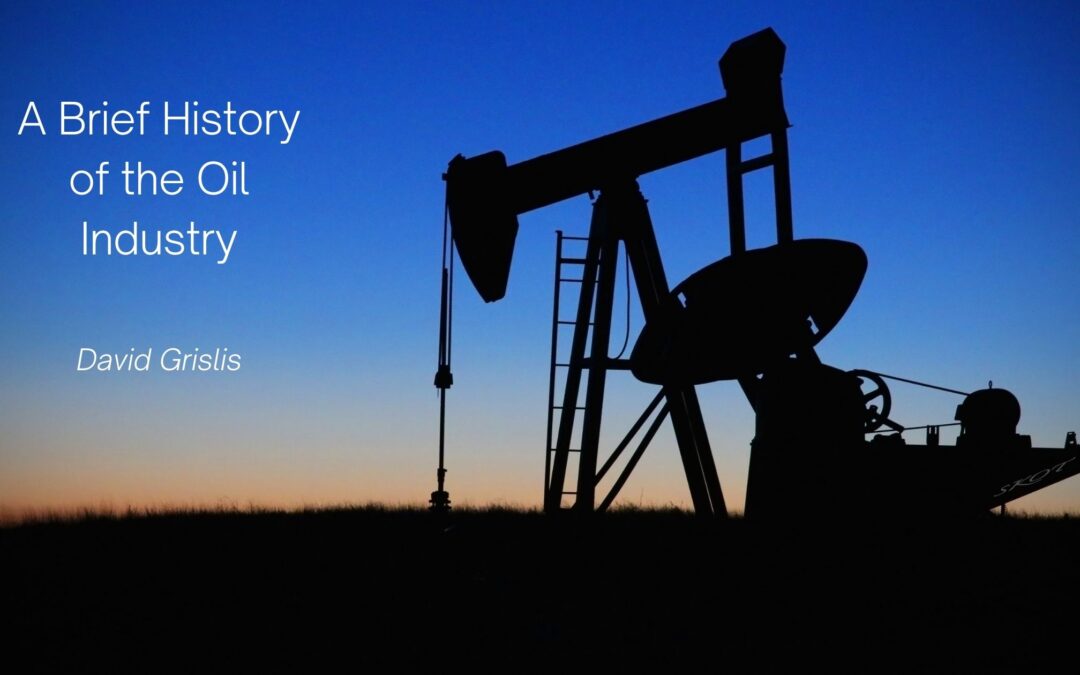The oil industry, an economic powerhouse that has shaped the modern world, has a long and complex history. From its humble beginnings to becoming a critical driver of global development, the oil industry has transformed societies, economies, and even geopolitical landscapes.
The story of the oil industry begins in the mid-19th century when the first commercial oil well was drilled in Pennsylvania, United States, in 1859. This discovery ignited a rush to extract this “black gold” and led to the birth of the modern oil industry. Soon after, oil fields were discovered in other parts of the world, including Russia and the Middle East, further accelerating the industry’s growth.
In the early years, oil was primarily used for lighting, replacing traditional sources such as whale oil. However, as technology advanced, so did the industry. The internal combustion engine revolutionized transportation, and oil quickly became the dominant fuel source for automobiles. This development laid the foundation for the oil industry’s immense growth and subsequent impact on the global economy.
One of the significant milestones in the oil industry’s history is the formation of oil companies that would become industry giants. John D. Rockefeller’s Standard Oil Company, established in 1870, played a crucial role in shaping the industry’s early years. Standard Oil quickly became a monopoly, controlling vast portions of the oil market. However, in 1911, due to antitrust legislation, the company was broken up into several smaller entities, which led to the emergence of several significant players that still dominate the industry today.
The early 20th century witnessed increased reliance on oil for transportation, electricity generation, and industrial processes. As demand soared, so did the need to explore and produce oil reserves worldwide. This quest for new sources led to the discovery of massive oil fields in the Middle East, particularly in countries like Saudi Arabia, Iran, and Iraq. These discoveries transformed the region, making it the center of global oil production and turning the industry into a major geopolitical force.
The oil industry has been subject to controversy. Environmental concerns related to oil spills, air pollution, and climate change have sparked debates and calls for greater sustainability. The 1970s energy crisis, marked by soaring oil prices and supply disruptions, further underscored the industry’s vulnerability and impact on global politics and economies. Additionally, debates continue around the socio-economic effects of oil extraction in producing countries, such as resource dependency and wealth distribution.
In recent years, the oil industry has faced new challenges. The increasing global focus on renewable energy sources and the urgent need to combat climate change have prompted a shift toward cleaner alternatives. This transition has pushed oil companies to diversify their portfolios and invest in renewable technologies, acknowledging the changing energy landscape.
As we reflect on the history of the oil industry, it is clear that its impact on the world cannot be underestimated. Oil has driven global progress, from powering the industrial revolution to shaping geopolitical dynamics. However, as we navigate the challenges of a rapidly changing world, it is crucial to consider sustainable and environmentally friendly alternatives to ensure a cleaner and more balanced future.
